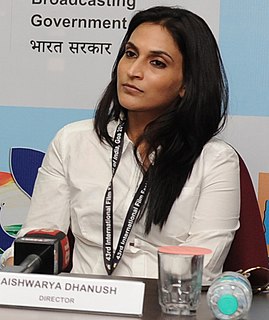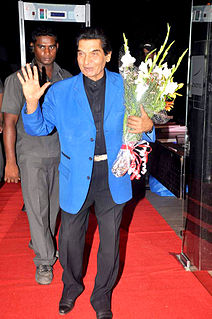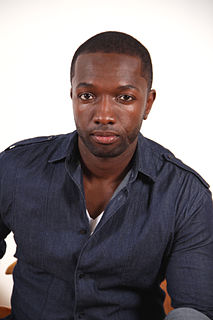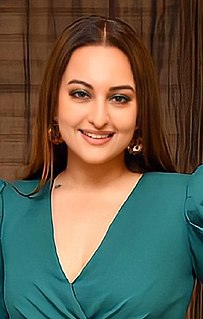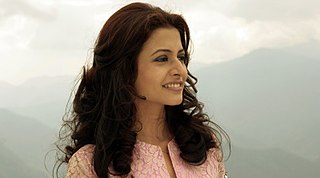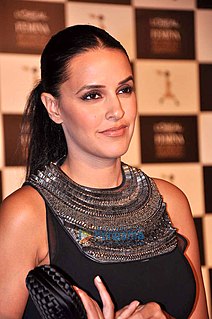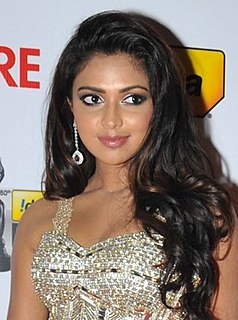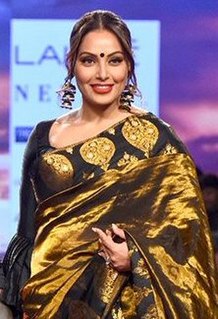A Quote by Aishwarya R. Dhanush
Film festivals should also show commercial films along with parallel cinema. This is the only way that it could reach out to more people.
Related Quotes
So far, yes, I have been doing only commercial films because those are the kind of films that came my way. Those are the kind of films that I liked, but definitely I'm open to doing other kinds of cinema as well, and if something comes along - if I like a character - then I would definitely do something off-beat or edgy.
More than my other films, Uncle Boonmee is very much about cinema, that's also why it's personal. If you care to look, each reel of the film has a different style - acting style, lighting style, or cinematic references - but most of them reflect movies. I think that when you make a film about recollection and death, you have to consider that cinema is also dying - at least this kind of old cinema that nobody makes anymore.
It is said that anyone who does commercial cinema is not acting, and anyone who does an art film is acting. I don't believe it. I feel whenever you are doing a film, you are acting. So you need to be applauded for that. I won't do art house cinemas. I want to make commercial films. I want my films to make money.
